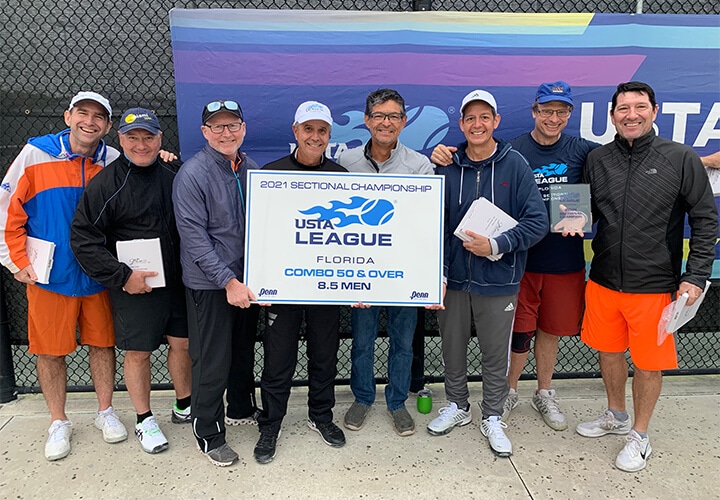Lakers can’t finish comeback in Miami after ugly start – Orange County Register
MIAMI – The Lakers’ effort started as a disaster, then very nearly became a miracle.
Where they finally landed was somewhere in the unsatisfying middle – and with a loss.
The final 113-107 margin didn’t adequately give context to the pit the Lakers started in, and how impressively they dug themselves out of it. But the bottom line is the bottom line, and after erasing most of a 26-point deficit and coming within four points with 1:07 left, the players were left shaking their heads after their fifth defeat in seven games.
“I mean we just started off a little – a lot – too slow,” said Russell Westbrook with scowl at the stat sheet. “But picked it up a little too late with our intensity.”
With 8:38 left in the fourth quarter, the Lakers trailed by 23 points. That’s when Westbrook (24 points, 9 assists, 9 rebounds) helped turn things on with his signature intensity. LeBron James, who finished with a game-high 33 points, followed suit. The Lakers were also lifted by four second-half 3-pointers by Avery Bradley, who wound up with 15 points.
FTX arena had been lulled into calm by a lopsided first forty minutes. The Miami crowd turned up when James – who famously won two championships with the franchise – scored on a putback with 1:07 remaining.
But a spellbinding comeback was not to be: After the Lakers earned the ball back with a key stop with seven seconds left, Talen Horton-Tucker threw an inbounds pass above James’ reach into the back court. Caleb Martin outraced Westbrook to the ball for an easy transition bucket and the dagger.
Coach Frank Vogel took the mistake off of Horton-Tucker’s shoulders, implying that certain pressure-release actions hadn’t been executed correctly on the play. But in the big picture, the Lakers thought they shouldn’t have hurt themselves as much as they did early on.
“You give up 39 points in the first quarter, 69 at half, it’s not ingredients for us trying to win on the road versus a very well-coached team,” James said.
Miami’s early schemes were as crisp as the Lakers’ were shoddy. The Heat skewered their guests with a mixture of screens, timely off-ball cuts and deadeye 3-point shooting. They shot 16 for 24 from the field in the first quarter, including 20 points in the paint and six 3-pointers.
Often, the Lakers found one defender guarding two Miami attackers, or ran into screens set for corner 3-pointers. Jimmy Butler, who James himself called one of his favorite adversaries, had a 20-point, 12-assist, 10-rebound tripled-double as he throttled the controls for the Heat offense. Incidentally, Butler passed James in the game for the most triple-doubles in franchise history (10).
Bradley, who is often credited as the Lakers’ defensive tone setter, said he was frustrated by the lackadaisical start on that end.
“Everyone in the locker room, we have to be tied together,” he said. “I feel like we’re up and down. We’re not learning from our mistakes and as a veteran team, as a team that is looking to go far in the postseason, I feel like we have to correct our mistakes and learn from those.”
There was some course-correction in the game, as the Lakers went smaller and started to switch on more possessions. Bradley said the reads were easier once the Lakers made that change, which showed up in holding the Heat to just 44 points in the second half.
But the Lakers’ offense also took time to get going: In the third quarter, they scored just 18 points on 7 for 19 shooting and six turnovers. Carmelo Anthony (3 for 8) and Malik Monk (3 for 6) struggled to bring the their usual bright spots from the bench. Even though Miami was missing Kyle Lowry and Tyler Herro, their four reserves matched the Lakers’ six-man bench effort (35 points).
The Lakers had been hoping for the return of Anthony Davis, who has been teasing signs that he may return in one of the remaining four games of the road trip. But Westbrook implied that the Lakers can’t trust that getting their star big man is going to fix the problems that have dogged them in the recent stretch.
“Not one person is going to change every aspect of what we’re doing,” he said.
It will take a team to solve them.



